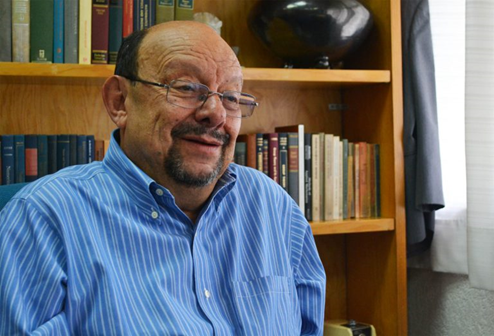
The IUPAP has long identified the key role that physics and science can play to help reduce the inequalities that affect human society. It is for this reason that it created in 1981 the Commission on Physics for Development. Among other things, C13 oversees and advices on the support to conferences, schools and workshops in developing countries. In this regard, the IUPAP has decided to allocate part of the conference funds to sponsor this type of activities. Since 2017 the IUPAP also awards, based on the advice of C13, the Medal for Outstanding Achievements in Physics for Development to recognize the contributions of physicists in developing countries.
The largest inter-union projects that the IUPAP is involved in are also directly related to Physics for Development. The Union is leading partner, together with the International Union of Crystallography (IUCr), of the program called Lightsources for Africa, the Americas, Asia, Middle East and Pacific (LAAAMP), which seeks to enhance crystallography and advanced light source research and training in targeted regions of the developing world. This project had received funding from the International Science Council for the period 2017-2020. This period has been extended in view of the COVID19 pandemic. A report on the activities performed during the first three years of the project is available here.
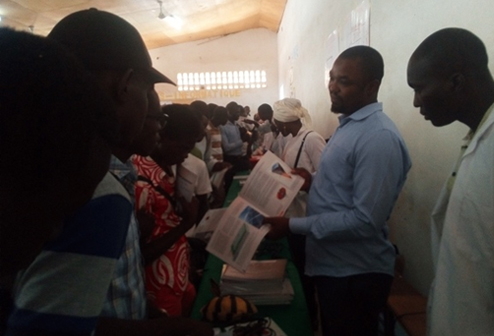

The participation of the IUPAP in the Gender Gap in Science Project has also had a very large impact in developing countries, particularly through the regional workshops and related activities that were organized in Asia, Africa and Latin American and the Caribbean within the framework of the project.
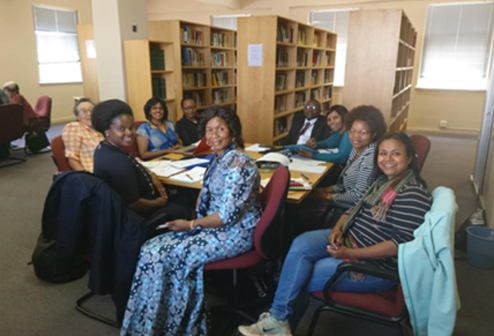
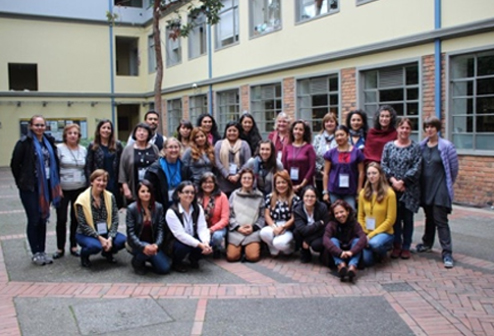

The IUPAP is in favor of all actions that will help achieve sustainable development and a more balanced and inclusive world. Creative interventions are necessary to advance in this regard, for which the contributions of physics and science are key. In order to raise awareness about the relevance of these contributions, the IUPAP is leading fellow scientific unions in the organization of the International Year of Basic Sciences for Sustainable Development (IYBSSD).
The 2030 Agenda of the United Nations, with its Sustainable Development Goals (SDGs), is the roadmap to global well-being for current and future generations. The SDGs indicate the directions towards better education opportunities, gender equality, clean water, affordable and clean energy, and a healthy environment, among other things.

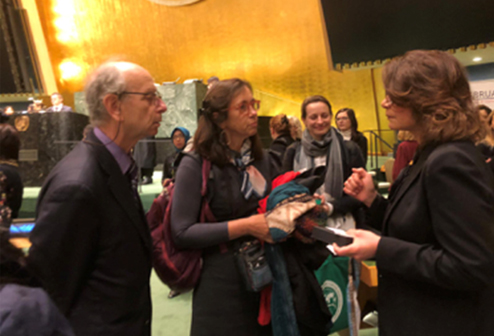
The Union will increase the support to developing countries within the framework of IYBSSD. We expect that many activities will be organized worldwide to raise awareness about the usefulness of physics and of basic science for sustainable development and the need to support it.




